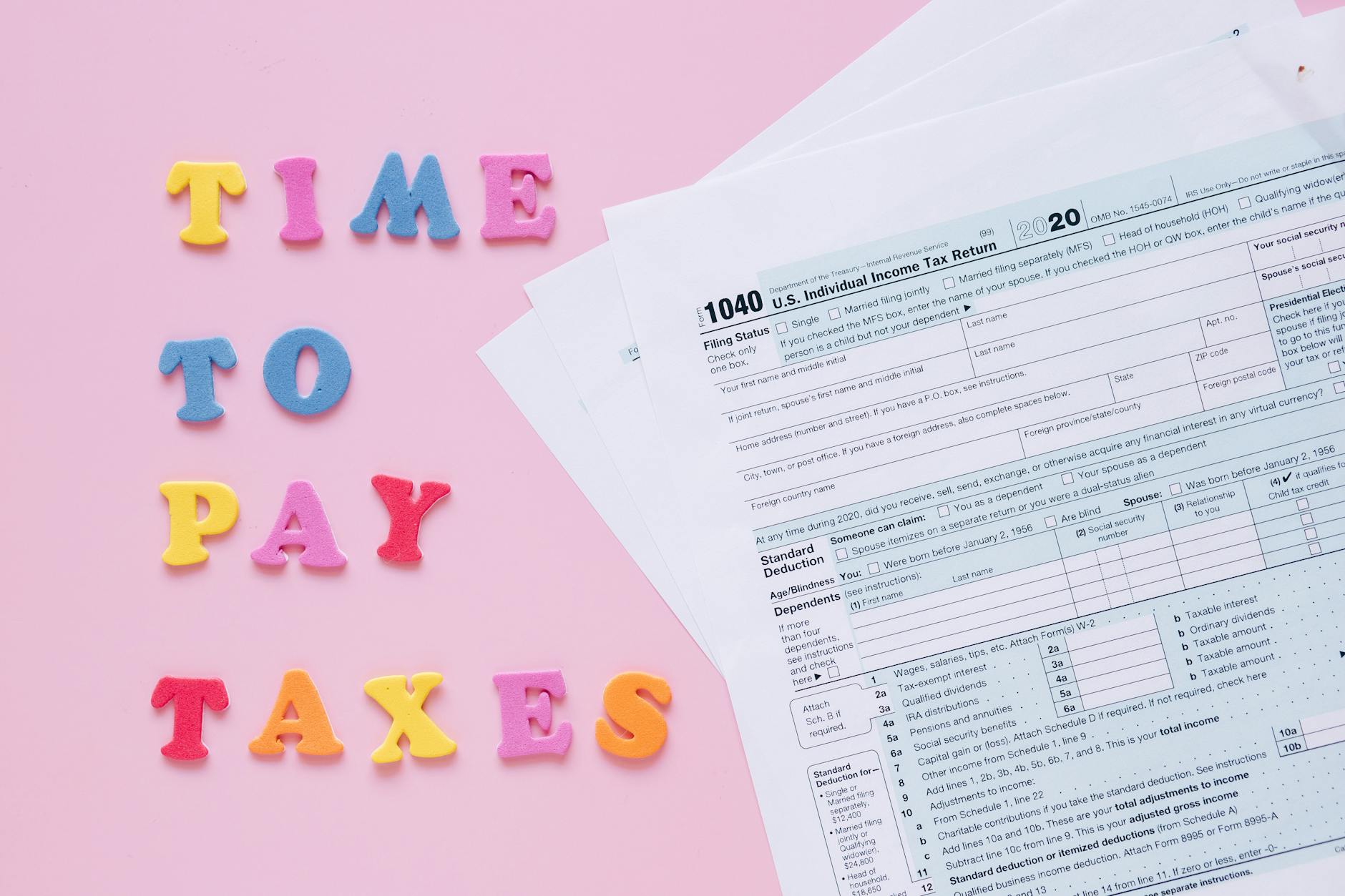When it comes to investing, understanding the tax implications is crucial. One common question investors ask is whether U.S. Treasury bonds are taxable. The answer involves a few details concerning federal, state, and local taxes. Let’s break it down.
What Are U.S. Treasury Bonds?
U.S. Treasury bonds, often referred to as T-bonds, are long-term debt securities issued by the U.S. Department of the Treasury. They come with a fixed interest rate and are considered among the safest investments. Investors typically buy treasury bonds for steady income, especially those seeking less risk.

Photo by Leeloo The First
Federal Taxes on Treasury Bonds
Interest earned from U.S. Treasury bonds is subject to federal income tax. When you receive interest payments, you must report this income on your tax return. It’s essential to keep track of these payments, as they will appear on Form 1099-INT at the end of the tax year.
Here’s a simple way to look at it: When you earn interest, it’s like getting extra income, and just like your salary, it’s taxable. The only difference is that the income comes from a secure government investment.
State and Local Taxes: What You Need to Know
One of the attractive features of U.S. Treasury bonds is that they are exempt from state and local taxes. While you’ve got to pay federal tax on the interest, states can’t take a cut. This exemption can make a significant difference in your overall tax liability.
Think about it: If you invest in a bond that pays a good interest rate, you’ll save money by not paying state taxes on that income. This benefit can lead to higher effective yield compared to other taxable investments.
Tax Implications on Other Types of Treasury Securities
While we’ve focused on Treasury bonds, it’s worth noting that other types of Treasury securities like Treasury bills (T-bills) and Treasury notes (T-notes) follow the same tax rules. All interest earned from these securities is also federally taxable but exempt from state and local taxes.
How to Report Treasury Bond Income
When tax time rolls around, reporting your Treasury bond income is straightforward, but precision matters. The IRS considers the interest earned as ordinary income. Here’s how to make sure you do it right:
- Receive Form 1099-INT: At the end of the year, your financial institution will send you this form detailing the interest earned from your bonds.
- Report on Your Tax Return: Include the reported amount as part of your total income on your federal tax return.
- Use Tax Software or a Professional: Depending on your situation, using tax software or hiring a tax professional can help ensure you’re filing accurately.
The Impact of Inflation on Bond Taxes
Investors also need to consider inflation. While the interest from Treasury bonds is taxable, rising inflation can erode your purchasing power. If inflation outpaces the interest you earn, the after-tax return can look less appealing.
To cope with this, investors might need to explore Treasury Inflation-Protected Securities (TIPS), which offer an interest rate adjustment based on inflation. While these are also taxed federally, their structure aims to keep pace with inflation.
Tax Advantages of Holding Treasury Bonds in Retirement Accounts
If you hold U.S. Treasury bonds in tax-advantaged accounts, like an IRA or a 401(k), you might not face the same immediate tax liabilities.
In these accounts, your income won’t be taxed until you withdraw funds, often at retirement when your tax rate could be lower. This strategy can enhance the overall return on your investment as it allows for compounding without immediate tax implications.
Conclusion
Understanding the tax status of U.S. Treasury bonds is key to maximizing your investment strategy. They offer a unique combination of federal taxation and state exemption benefits. So, as you consider where to allocate your funds, keep these tax implications in mind. And remember, no investment is without risks, so it’s crucial to stay informed and make decisions that align with your financial goals.
